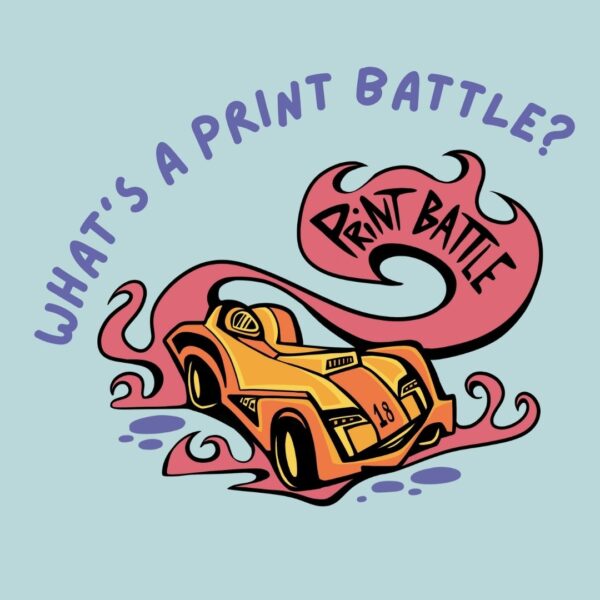Even though I write about games critically here and other places, sometimes as a player I find it easy to tune out and become one with a keyboard and mouse or controller and just sit and stare, as though I were watching The Expendables on repeat several hours a day, several days in a row. In that vein, I spent the past month playing terrible, huge-budget, blockbuster video games and not doing much else. I wanted to reboot myself and take a post to collectively detox by thinking about some stuff that was more artful, thought-provoking, and most importantly, free. As much as I could write full essays talking about each one, those would probably end up being longer than their respective experiences, so I think it’s preferable to say that if one interests you, check it out—let’s play our way out of The Expendables together.
I wrote about Increpare’s Activate the Three Artefacts and then Leave last month, but the dude is so wildly prolific that it’s hard not to always be thinking about at least one of his games. Universal History of Light came out in February and is already behind 3 newer games on his games page, but it’s a sticker. Basically you play as a seeing eye dog accompanying a student to a lecture about the effects of laser pointers on the brains of dogs, which cannot smell the point of light and are driven insane. The professor then shines their own laser pointer too close to the dog, who is then sent by insanity to a dystopian island filled with even more strangeness. Items acquired after that point include a carpet beater and a hoodie.
Whenever I get into a weird conversation with somebody else’s parents about how I write about video games, I inevitably end up telling them about a handful of the same games, like Gone Home or Proteus, both of which I’ve written about here before, in attempt to justify a hobby that seems to be filled with a lot of guns or grand theft auto or Pac-man. Another is Depression Quest, which is a text-styled game (built in Twine) that aims to promote awareness of depression, namely by putting the player into the shoes of somebody suffering from depression. As somebody who is no stranger to winter feelings and sun withdrawal, it’s an incredibly effective, stark, and brave portrayal that is tough to play but also a shining example of an interactive medium. Check it out. (N.b.—while it can be played for free, it is also offered on a pay-what-you-want basis with a portion donated to charity.)

I just finished binge-watching Twin Peaks on Netflix, and Catachresis tickles my fancy in the same exact way that the show did. If a younger David Lynch were somehow transported into our present and the only way he could deal with his weird feelings about unexpected but short-range time travel were to make browser games, Catachresis would probably be one of them (The developer cites Lost Highway as an inspiration). It puts you into the shoes of a paranormal investigator, or as the main character puts it, “ghost plumbers.” It’s both creepy and funny, and rendered in an art style that lets you know there’s not going to be a weird jump scare.

This is a game where the less said, the better. It starts out and you’re a frog on a lily pad aiming your tongue and eating bugs and fractions are popping up everywhere. It’s not actually edutainment, but the first few minutes do a really great job of pretending like it is. Get the turtle upgrade as soon as possible, and then move on to a variety of different segments (onet set to the soothing narration of a history show) that made people like the game so much that they pledged over 70 grand to a sequel on Kickstarter. (Seriously, if you ever play one video game in your life, play this one, and then reconsider that life decision and play the rest of these too.)
- The Glitch is the Thing - December 1, 2014
- Skeletendo: Spooky Art Games for October - October 20, 2014
- Lovely Planet and the Violent Video Game - September 15, 2014





